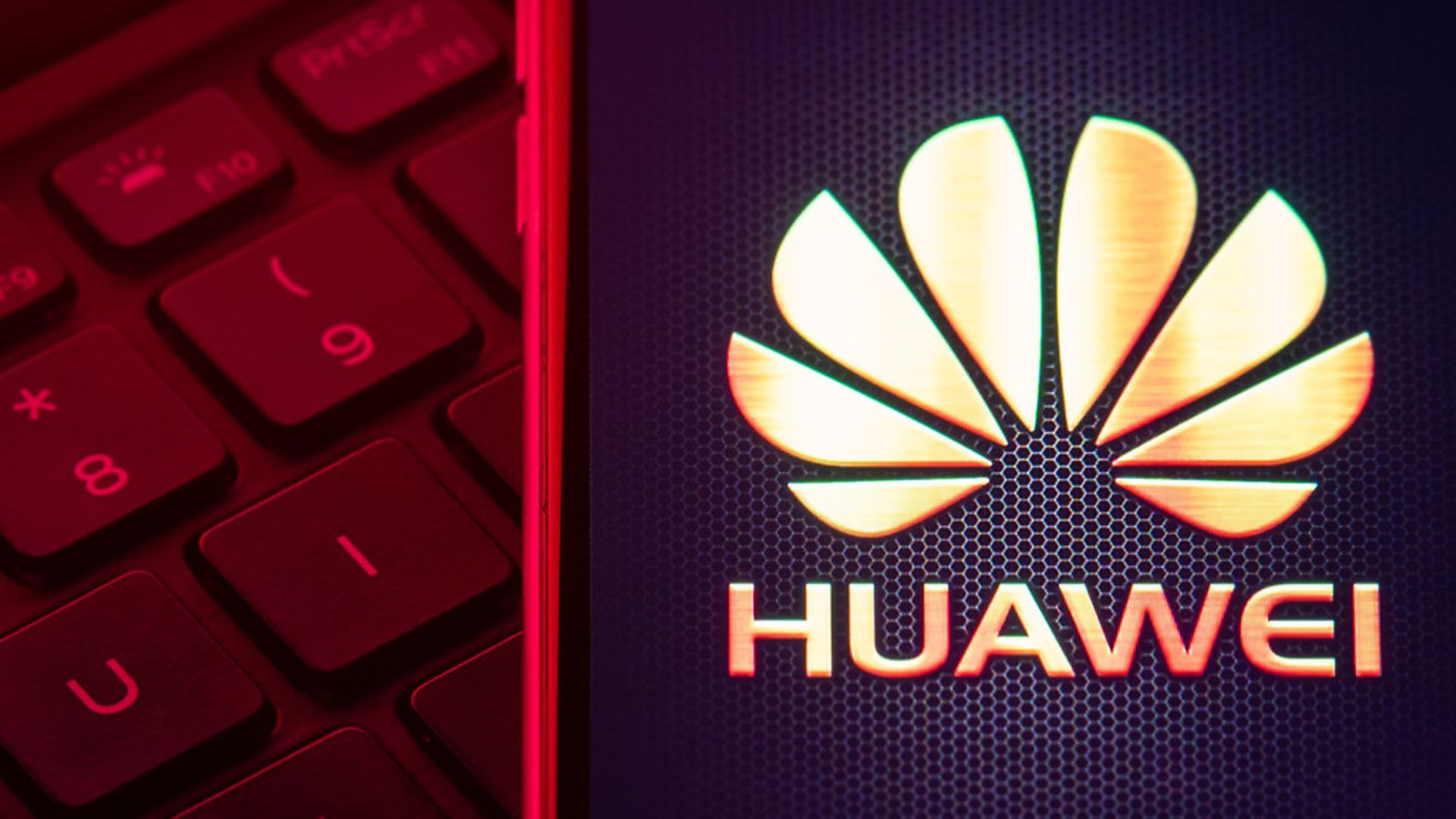
Labour has told the government it needed to ‘get a grip’ of its telecomms strategy after it performed a U-turn on a decision to allow Chinese communications giant Huawei to built part of the UK’s 5G infrastructure.
Shadow digital minister Chi Onwurah said Downing Street needed to ‘get a plan and secure our critical communications infrastructure, our digital economy and our national security’ following the culture secretary’s announcement that Huawei hardware would be stripped from British telecomms infrastructure by 2027 and barred from building its 5G network.
Oliver Dowden said the decision came after US sanctions imposed in January on microchips used in Britain’s 5G assets made it impossible for Downing Street to reassure the public that similar technology provided by Huawei would be safe.
‘The new fact was the fact that we had these US sanctions imposed post-January, that is why we sought the advice from the NCSC (National Cyber Security Centre),’ he told MPs.
He added: ‘Today’s decision to ban the procurement of new Huawei 5G equipment from the end of this year will delay rollout by a further year and will add up to half a billion pounds to costs.
‘Requiring operators in addition to remove Huawei equipment from their 5G networks by 2027 will add hundreds of millions of pounds further to the cost and further delay rollout.
‘This means a cumulative delay to 5G rollout of two to three years and costs of up to £2 billion.’
The minister confirmed Britain was working with all ‘Five Eyes’ partners – a term to describe Britain’s intelligence sharing partners – on alternative vendors.
He also confirmed that the government was ‘now at the stage of having technical engagement at a technical level’ with Samsung and NEC and accused a Labour government of having ‘opened the door’ to Huawei in the first place.
Responding to the news, shadow foreign secretary Lisa Nandy tweeted: ‘As ministers announce the removal of Huawei from 5G, they must also set out a clear strategy – when they’ll introduce legislation, how they’ll open networks to UK companies, what global alliances they’re pursuing and a clear, consistent approach to China.’
She added: ‘Incredible that ministers still appear to have no strategy in relation to high risk vendor Huawei. Confirmed today: legislation will be even further delayed, more consultation is planned and it seems they’re only just starting to talk to our Five Eyes partners about alternatives.’
SNP digital spokesman John Nicolson said the change in policy over Huawei ‘should have been taken a long time ago’.
He added: ‘We on the SNP benches warned that Huawei could not be trusted with our 5G network. Security experts were jeered. We should not open up the central nervous system of our modern society to a company owned by the Chinese Communist Party.’
Liberal Democrat MP Daisy Cooper said she welcomed the government’s ‘screeching U-turn’ on Huawei.
She said: ‘It is the right thing to do on grounds of national security and human rights and for our industrial strategy, but it’s disappointing it took US action to make the government to do the right thing.
‘The government should now invest in developing this kind of technology here in the UK. Ministers must also prioritise maintaining strong partnerships with our European allies and Five Eyes to ensure any security risks are dealt with swiftly.’
She added: ‘Brexit must not be an excuse to ignore human rights concerns when making trade deals, signing public contracts and deciding who gets to run critical infrastructure.’
Labour MP Steve McCabe questioned the government over why plans to build a nuclear power station in the UK are progressing.
He said: ‘If the government’s banning a Chinese tech company from our telecommunications industry on the grounds of national security, how come it’s safe for them to participate in building a nuclear power station?’
Dowden responded: ‘Well the advice that we have received today relates to the impact of the US sanctions. The US has imposed sanctions specifically on 5G.
‘We have analysed the impact of those sanctions and it has undermined the reliability of Huawei equipment.’
Warning: Illegal string offset 'link_id' in /mnt/storage/stage/www/wp-includes/bookmark.php on line 357
Notice: Trying to get property 'link_id' of non-object in /mnt/storage/stage/www/wp-includes/bookmark.php on line 37






